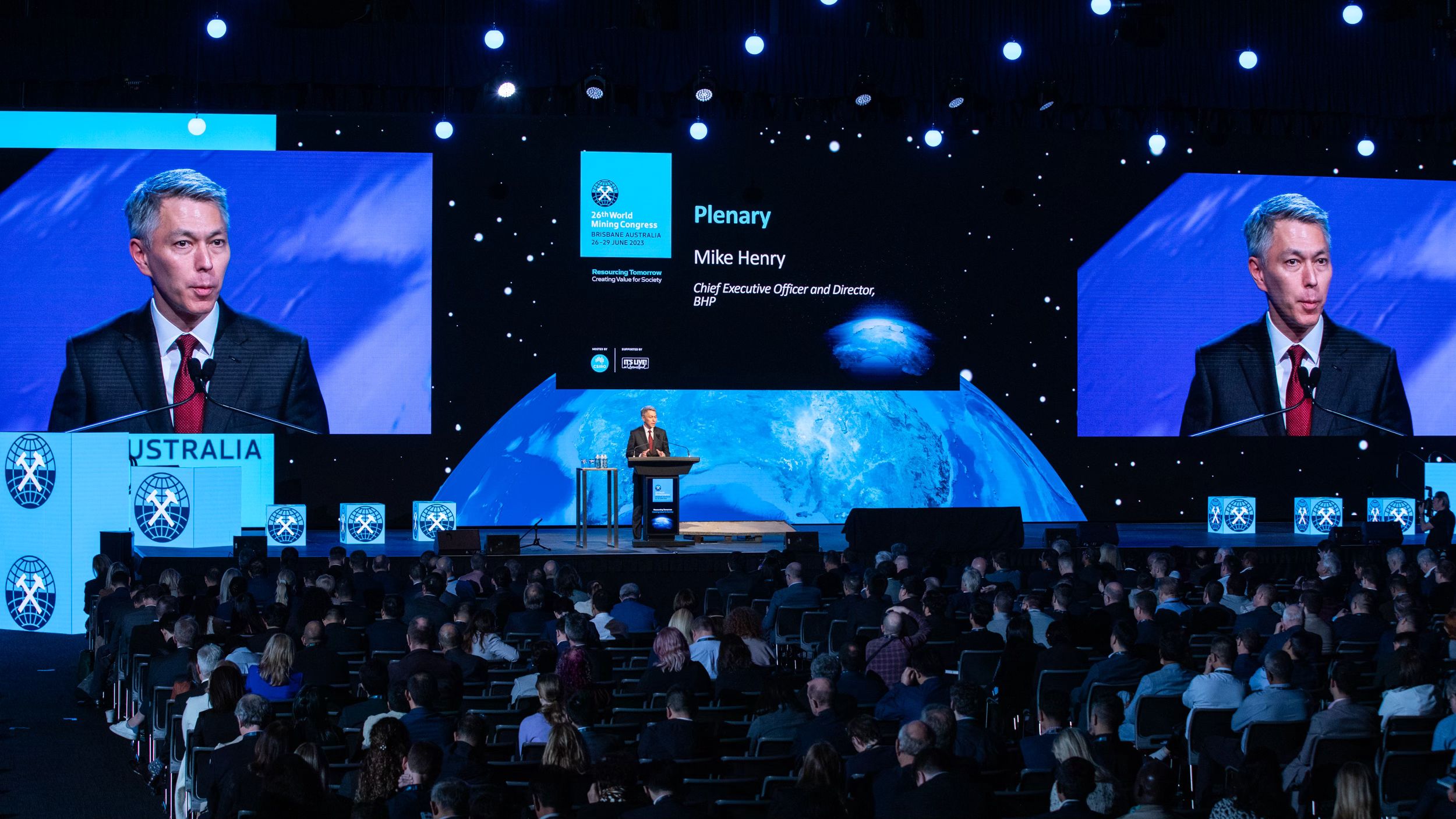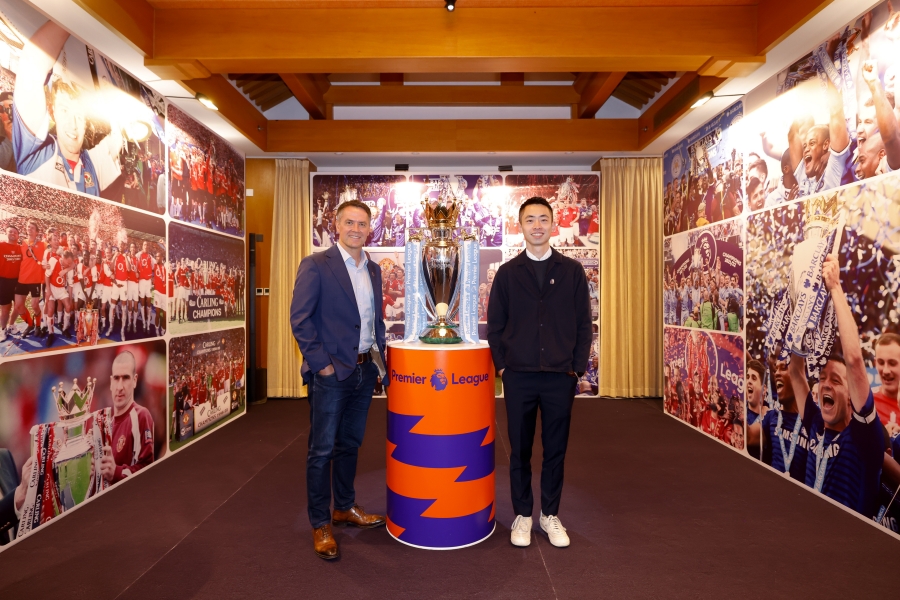Putting on a major event in an overseas destination can be a stressful time for anyone given this organisational responsibility. Even the most established and broad-based of event companies won’t have a presence in every country or region.
This is why hiring local counterparts or destination management companies (DMCs) is common practice. By buying in the expertise and local knowledge of a specialist inbound tour operator in that country, clients and event companies can gain a level of local understanding and contacts that is otherwise beyond their remit.
So what are the pros and cons of hiring local DMCs, and how can clients and organisations make sure they pick the right ground handler for their event, one that delivers on their promises on time and within budget?
Weighing the options
Overall, most people think the pros far outweigh the cons when it comes to using DMCs. From a convention bureau perspective, Scott Lovett, director, business tourism at Northern Territory Convention Bureau (NTCB) in Australia says: “With everyone under pressure and so very time-poor nowadays, there is significant merit in event planners not endeavouring to become instant experts at everything, especially in an unfamiliar destination. By accessing a trustworthy local knowledge base and tapping into their network of contacts, companies not only reduce their own workload, but they ensure that only the best products and operators are included in their programmes and that everything runs smoothly and on time.”
Rajani Nair Deb, chief marketing officer at K W Conferences in Gurgaon, India, concurs: “Gathering information on local contacts and vendors would be immensely time consuming. The same thing applies for everything from the site inspection of the venue, to checking the accommodation, to the quality of food and beverage services. Hiring a local counterpart means that the client can plan an entire itinerary through the local counterpart without having to compromise quality.”
Judy Lum works in Singapore as group vice-president sales and marketing of Tour East Singapore. She points to local partners being better equipped to handle local suppliers as well as understanding local cultures. In some regions, this is more important than in others. She also explains that because DMCs have in-depth knowledge of local infrastructure they are “able to pre-empt any potential challenges”, because the chances are they’ve already experienced these problems when handling a similar event previously. “They have the ability to take proactive steps to ensure the smooth running of an event,” she adds.
However, Lum does acknowledge that this level of local understanding comes at a price, and for some that might be seen as a negative. Also looking at the downside of using a DMC, Lovett adds: “A potential con is that using a DMC introduces another level of intermediary into the event-planning process. However, good planning, clear communication and efficient reporting systems should ensure that this does not create any additional issues.”
Regional requirements
The issue of local cultures and the need for operators on the ground who are familiar with the nuances of a country or region’s customs can be vital to ensuring a successful business event. But is it more important in some regions of Asia than others? Local customs and laws can vary considerably from one territory to another.
“It’s [especially important] in Asia-Pacific where English is not their first language and where knowing a person or speaking the local language makes a world of difference,” says Lum. “It will move mountains for you in situations where you need ‘divine’ intervention to resolve [a problem] – which is quite common in events.”
Nair Deb agrees: “It is definitely more important to have [DMCs] in certain regions. For example, India is a newly emerging MICE destination and, therefore, is still highly disorganised in terms of having information available on the internet. There are many destinations within India, and people in different regions speak different regional languages. In this case, it is vital to have local knowledge and contacts as one destination varies greatly from another within the same country.”
For some companies and business sectors, it is more important than others. Lovett explains: “Due to the very nature of their business (eg finance, banking, IT, etc), some Asia-Pacific companies have high security issues associated with the staging of their events, especially in the case of incentives, where they may be hosting VIP clients or senior management. Attendee safety, security and, at times, the requirement to keep a low profile due to potential corporate espionage, makes the involvement of a professional DMC doubly important. A good DMC should know how to meet these requirements with a minimum of fuss, while still ensuring a quality experience is delivered.
“Some Asia-Pacific companies also have a very diverse multicultural attendance at their events, with the associated cultural and dietary implications requiring flexibility, sensitivity and good local knowledge of how these various guest requirements can be addressed,” he says.
The right choice

Assuming companies have made the decision to work with a DMC, there are then several important factors they need to take into consideration when making their choice. Making sure a DMC is up to the job required is vital, as the reputation of the company or organisation will rest on them delivering the goods when the event takes place.
The first question to ask is can they do what you are asking of them? This can be determined by looking at their track record – can they offer a case study of a similar event they have organised and show what they achieved with that? Don’t take any chances – follow up all testimonials and references by getting contacts and calling them directly for feedback on the DMC’s services.
“It is important that companies consider how long they [the DMC] have been operating,” says Lovett. “What kind of clients and events have they handled and what have been the event outcomes and results? Ideally, the DMC’s client experience and destination knowledge provides a good match for the type of event being proposed. The destination’s convention bureau can often provide invaluable information on locally based operators who are active within the destination and have a reputation for producing good events.”
As well as checking references, Lum suggests paying attention to the following: “Do they ask sensible questions to ensure that both parties understand each other before they embark on the quote or proposal? If they just quote and leave you with doubts in your mind then they probably don’t know! The most important thing is they must give you a sense of comfort and confidence that they know what they are doing and understand the business.”
She points to how flexible DMCs can be and their ability to customise their offering and the way in which they work. “We recently concluded a meeting event for 800 delegates for a pharmaceutical company from Eastern Europe, and they actually engaged their own event company from their home country (which has been handling their events every year). The event was very successful and we were their ‘missing link’ as we coordinated visa applications; hotel accommodation; booking of function rooms; managed the off-site events; provided a support team to the overseas event agency – and this took a lot off the minds of the client and the event company executives whose objective was to ensure the meeting sessions ran smoothly.”
The dangers of do-it-yourself
One particular advantage of using a local operator is their ability to negotiate prices. With a more detailed understanding of local economies they have the heads-up on best prices and market rates. In more bureaucratic countries like India, Nair Deb also points to how DMCs can organise government approvals required for events and ensure visas and official travel documentation are correct for all delegates attending.
But the cost implications of hiring a DMC compared with “doing it yourself” put some clients off. Lum warns that this is a false economy: “Due to cost-cutting measures, many end users now try to contract direct with hotels and event companies, which all looks good until the day the event comes and you need all parties to fall into place and operate as one… this is not going to happen if companies try to do it without a DMC.”
Lovett has a similar anecdote to warn of going down this route: “I’m aware of an instance where a DMC provided a very creative and professional destination [package] for a potential client but the client then decided to cut corners, copy all the great bespoke ideas and organise the programme themselves. They presented the ideas to their boss and were well into the organising process before they realised that not only were a number of the private venues exclusive to the DMC, but also that the event logistics were much more complicated than they had anticipated. There were some very red faces when they realised they could not proceed on their own and needed professional DMC assistance with the event.
“Nothing beats local knowledge and a strong network of contacts – whether it is for gaining permits and access to special places and unique venues, knowing where to source excellent local entertainers or speakers, or perhaps getting insights into local traffic conditions or seasonal weather patterns,” concludes Lovett. “All of these things can have a potential impact on an event, and a professional DMC can provide an invaluable one-stop-shop for such important information – they know what works and what doesn’t, and are the experts in their destination.”

CASE STUDY
Fast Facts
EVENT: IAPIP Forum and Expo
COMPANY: International Association for the Protection of Intellectual Property
VENUE: Hyderabad, India
DATE: October 2011
IAPIP on the Indian sub-continent
The International Association for the Protection of Intellectual Property (IAPIP) organised its Forum and Expo in Hyderabad in October 2011. The International Committee worked with K W Conferences to create indigenous local experiences such as yoga sessions, culinary workshops and sari tying classes as part of the cultural exposure they offered the 700 delegates attending the event.
The entertainment was locally sourced and included Kathak dancers, Bollywood nights, Indian percussion sessions, etc. This also kept the costs low and the best local talent was sourced by K W Conferences for the events. The events were held in various locations ranging from a palace to royal tombs and an art village. Unfortunately, rain played havoc with the itinerary, so two dinners had to be changed at the last minute – but by leveraging the local DMC relationship K W Conferences was able to avoid paying any cancellation charges.
Efficient transportation was critical, requiring local expertise on which vehicles to deploy, what roads to avoid, which routes were too narrow to travel with large buses, etc. All these considerations had to be made when planning the transportation grid. This helped K W Conferences to deploy its funds better and improve efficiency of vehicle use — making the event greener.
Government clearances needed for the event were handled well in advance, such as the visas issued for all delegates.
10 TOP TIPS
1 Make sure they have a good reputation — get references from hotels and tour operators.
2 Ensure they have a good level of knowledge of the local market — how detailed are their proposals and presentations?
3 Do they have enough experience and contacts? Ask for testimonials from at least three previous clients and get names and contact numbers to follow these up.
4 Get advice from the convention bureau in the destination, they can give you impartial advice on local DMCs, products and venues, and also help with itinerary suggestions.
5 The more detailed your brief to the DMC, the better their pitch can be and the more creative they can be.
6 Give them enough time to be able to put together a good proposal — asking for one to be done overnight will not elicit the best response.
7 Establish early on if the DMC operates a preferred supplier arrangement with anyone in the destination.
8 Ask for their five most recent events including number of attendants, type of event, budget, etc, to get an idea of what they are capable of.
9 Check for international affiliations and memberships to determine how relevant they are in the global meetings industry, eg ICCA and IAPCO membership, ISO certifications, etc.
10 Be sure the DMC can handle related services such as transport, IT requirements and simultaneous interpretations if necessary.
“Nothing beats local knowledge and strong contacts for gaining permits and access to special venues”


